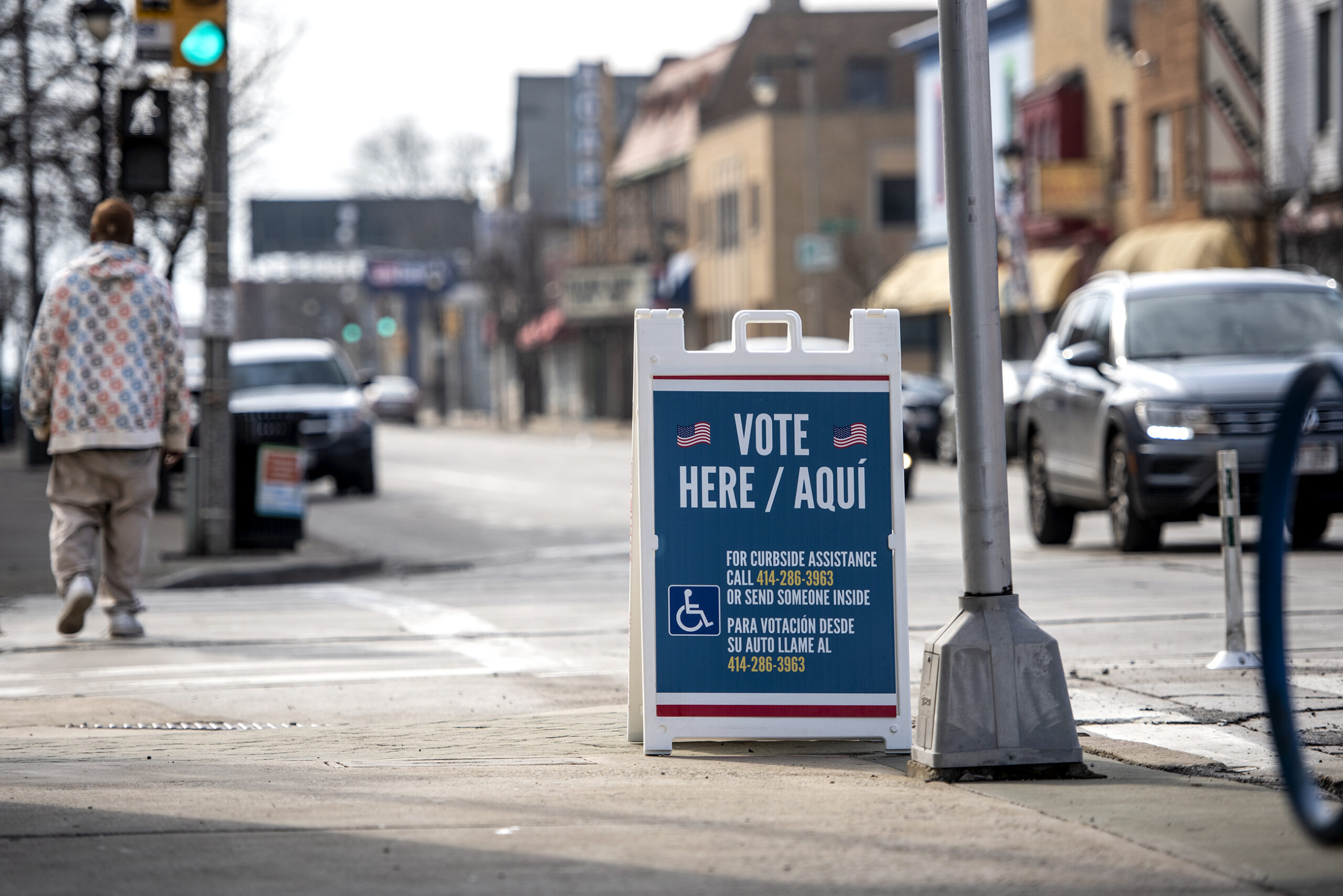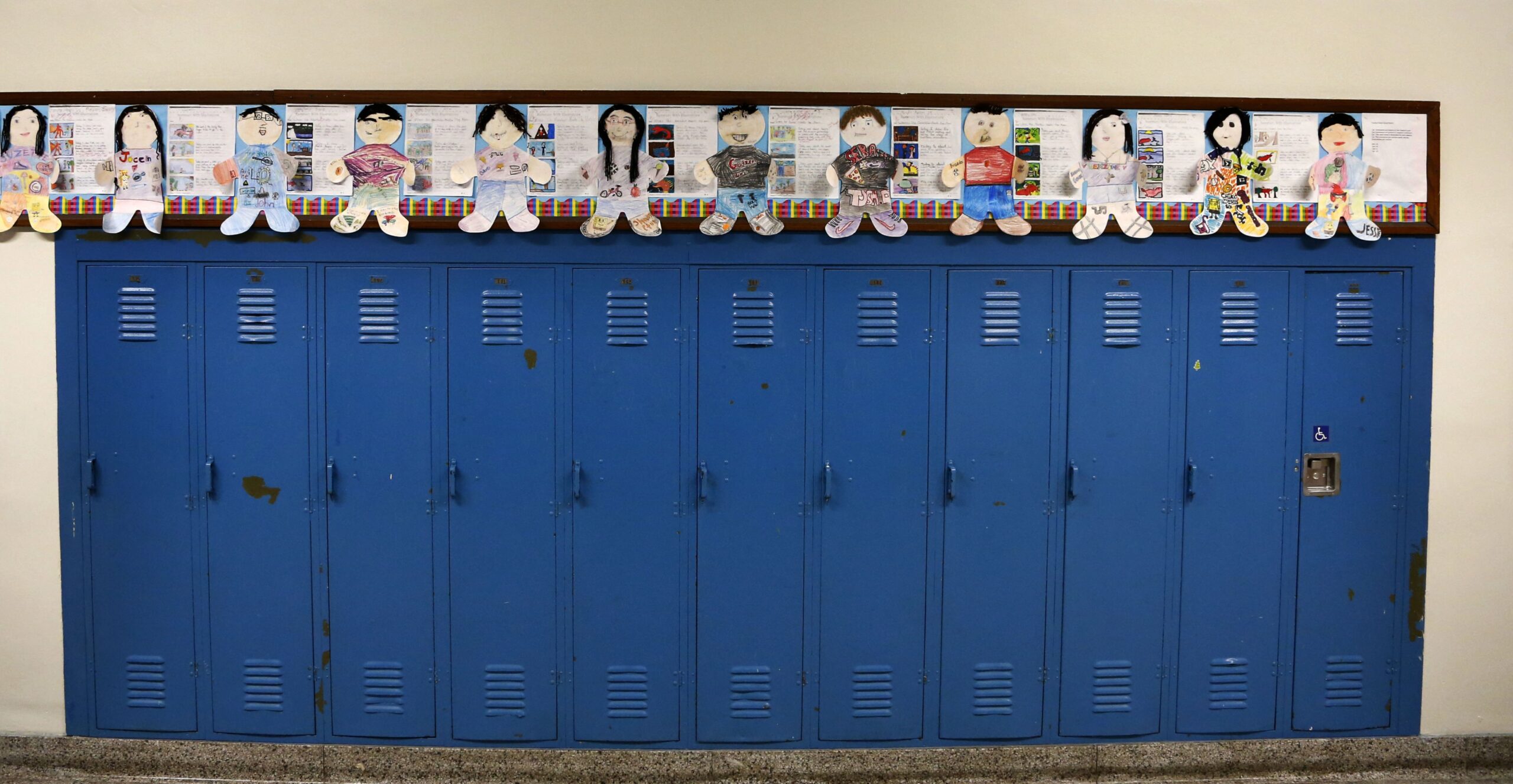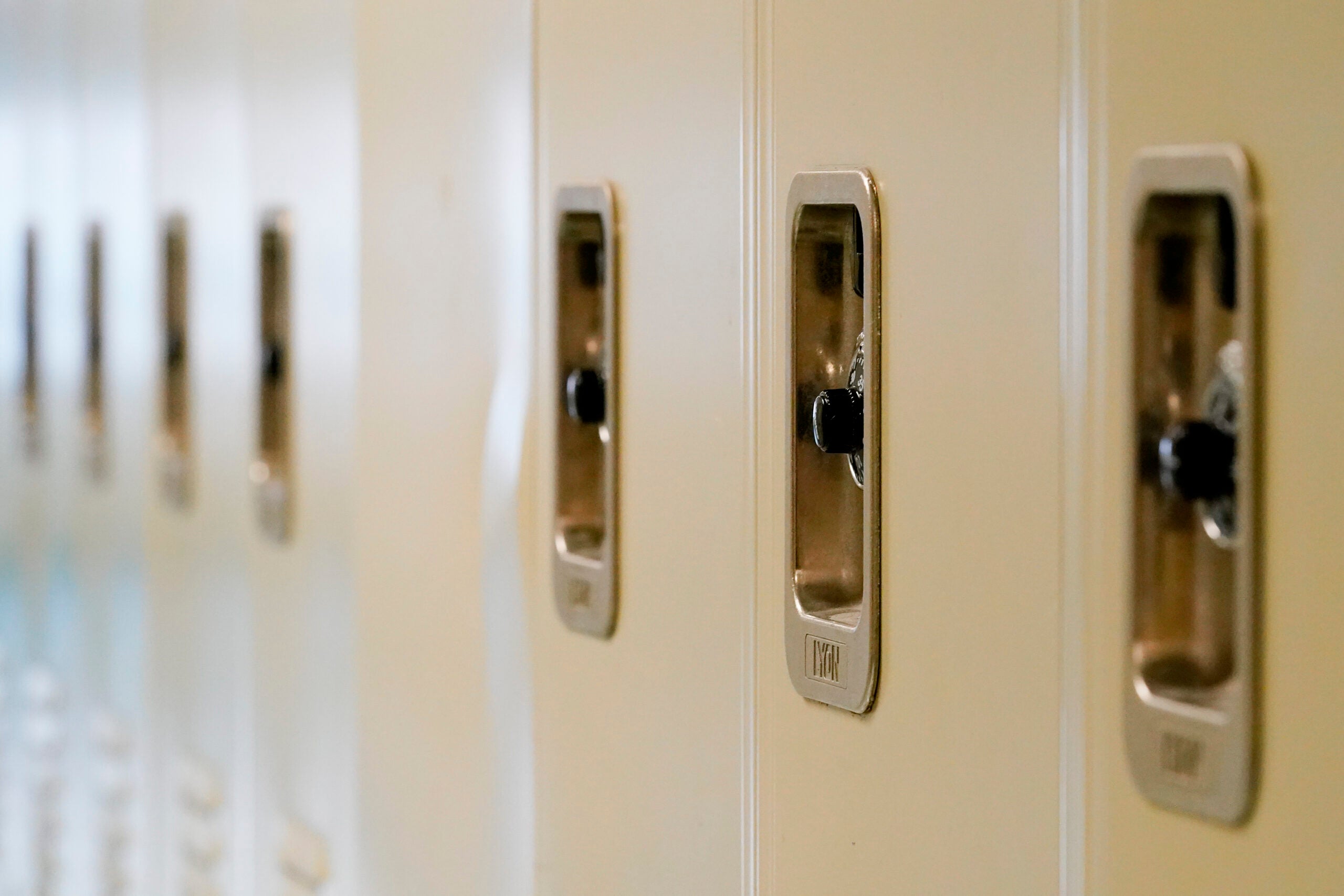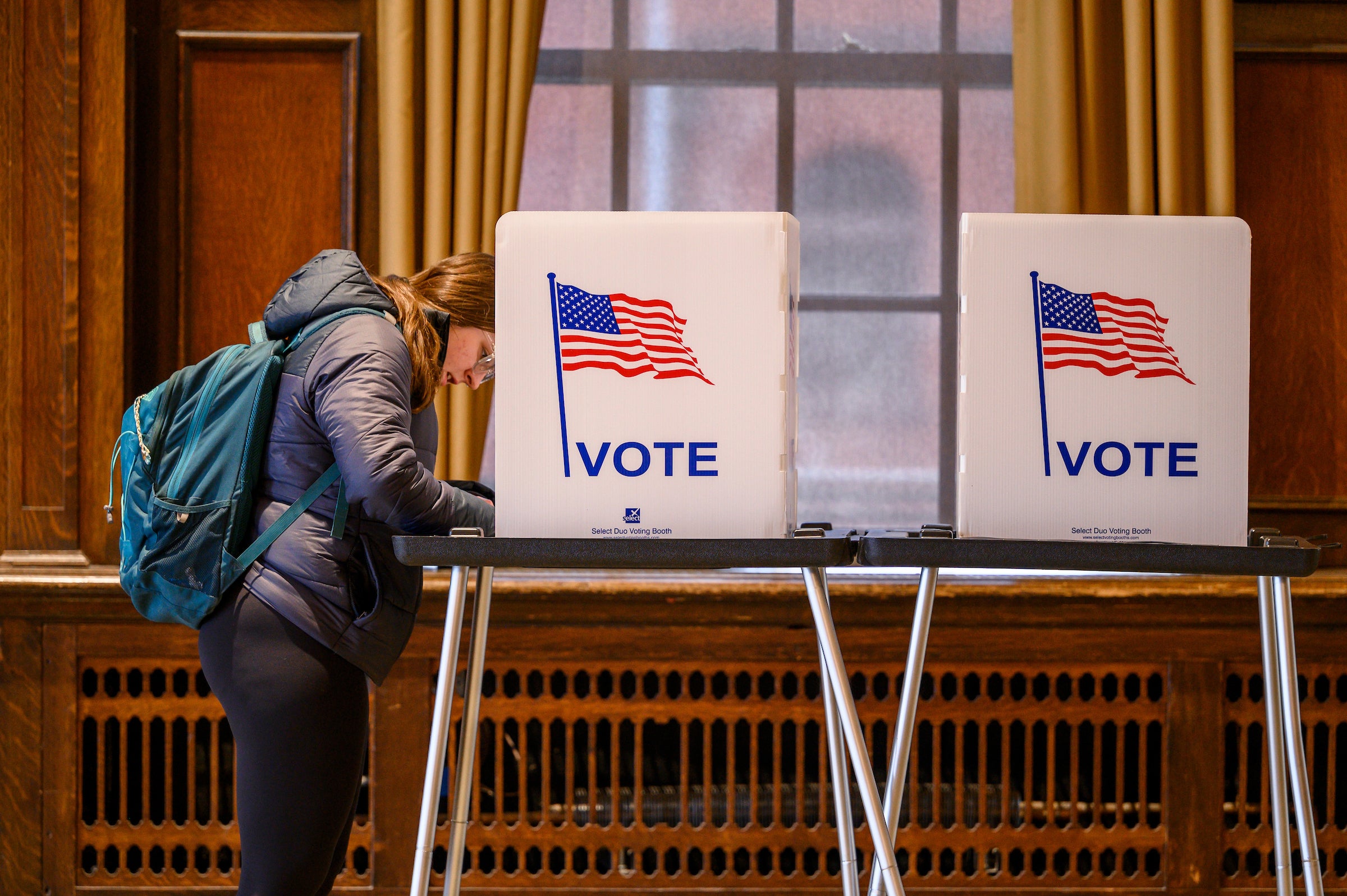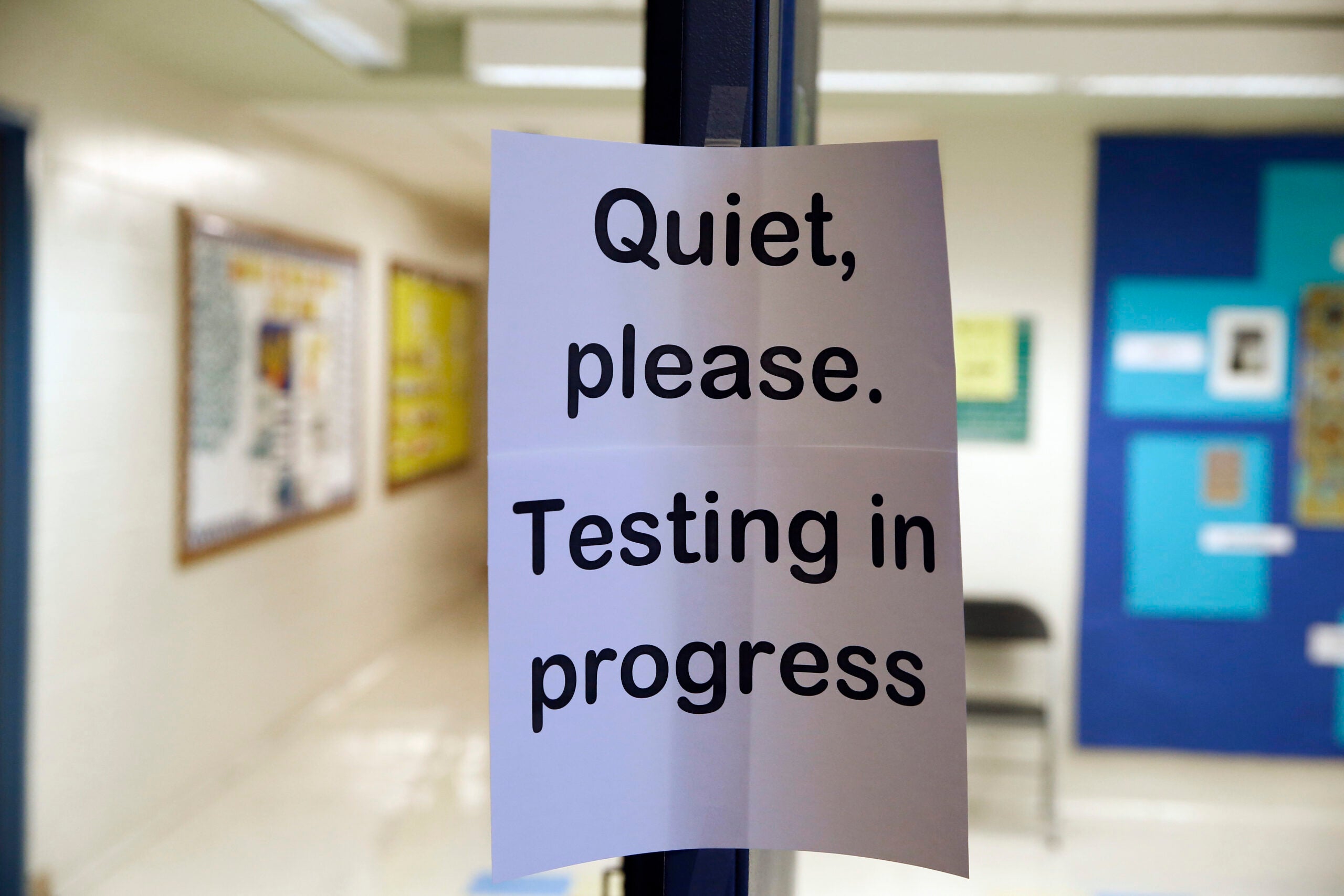Republican-backed candidates saw wins in many of Wisconsin’s suburban school districts, especially around Milwaukee, while some other districts with high-profile fights over race, COVID-19 and other issues saw more victories from liberal candidates.
In the counties around Milwaukee, conservative candidates swept Menomonee Falls, Waukesha and other boards, while results were more split in places like Elmbrook, where conservative candidate Kathy Lim won one seat and incumbent Linda Boucher held another. Likewise, in Kenosha, a liberal incumbent was the top vote-getter, followed by two conservative candidates who were particularly vocal about Kenosha’s COVID-19 mask policies.
“We did see several incumbents not win their race, and we definitely know that there were resources that were put in to accomplish this,” said Terri Phillips, executive director of the Southeast Wisconsin Schools Alliance, “”It appears that in some races, the money did indeed do what they were hoping it would do.”
News with a little more humanity
WPR’s “Wisconsin Today” newsletter keeps you connected to the state you love without feeling overwhelmed. No paywall. No agenda. No corporate filter.
In Mequon-Thiensville, which was one of only two districts out of 17 where a school board recall attempt made it onto the ballot between 2020 and 2021, recall organizer Scarlett Johnson ran for a board seat and lost. Johnson has worked with Republican gubernatorial candidate Rebecca Kleefisch’s campaign.
“It can be hard to draw conclusions because these are low turnout elections, they’re so spread out, and there can often be hyper-localized issues, but it did stand out to me that some of the more extreme candidates did not win,” said Michael Ford, a professor of public administration at the University of Wisconsin-Oshkosh who studies local politics.
Kleefisch endorsed candidates for local offices around the state, including many school board candidates. According to Ford, about two-thirds of the school board candidates Kleefisch endorsed won their seats.
“I think the big lesson for the midterms is the success that some of these GOP-aligned candidates had in the Milwaukee suburbs, because I think there was a bit of a Trump effect over the last couple years where there were people who leaned conservative but were uncomfortable with Trumpism, and maybe we’re seeing a reversal of that,” he said, “which probably bodes well for the GOP in those areas.”
As in the rest of the country, some of the major issues at play in Wisconsin’s local school board elections have increasingly been national ones, like concerns over mask and vaccine policies, how race is taught in schools, and policies around LGBTQ+ students and issues in curriculum materials.
In Eau Claire, where the school board president received death threats over inclusive LGBTQ+ policies, he and other more liberal candidates backed by the teacher’s unions won seats. Of the four Republican-backed candidates running for seats in Stevens Point (three of them as a bloc), only one — Jennifer Bushman — got a seat on the board, while two incumbents and a third candidate who campaigned with the incumbents won the remaining three seats.
Conservatives on the Wausau school board, who gained a majority in 2021, picked up additional seats this year.
School board seats are nonpartisan, but the races saw a lot of partisan money this election from state and local parties, as well as affiliated groups like Kleefisch’s PAC and state and local teachers’ unions. With congressional and gubernatorial races coming in November, it was a chance for some of these groups to test their messaging on education to see what resonates with voters.
Ford said he’s not sure campaigns around so-called critical race theory will have the same staying power as those focused on curriculum transparency and giving parents more power over what their students learn in classrooms.
“I do expect that you will see people campaigning on more mandates for school districts to be releasing specifics about curriculum, and just more political messaging around parental freedom,” he said.
Phillips, who served 11 years on the Kettle-Moraine school board, said the challenge now is for school board members who may have run on disparate issues to move forward and govern together.
“You cannot sit on a board and come with an agenda — you are one of seven, or one of five, or one of nine, and you’ll need to learn and understand how schools work,” she said. “I’ve seen it on the board that I served on, there were several of us across the spectrum on our political beliefs, and we were able to come together for the kids — they will either come together to become something great, or move on.”
Wisconsin Public Radio, © Copyright 2025, Board of Regents of the University of Wisconsin System and Wisconsin Educational Communications Board.

